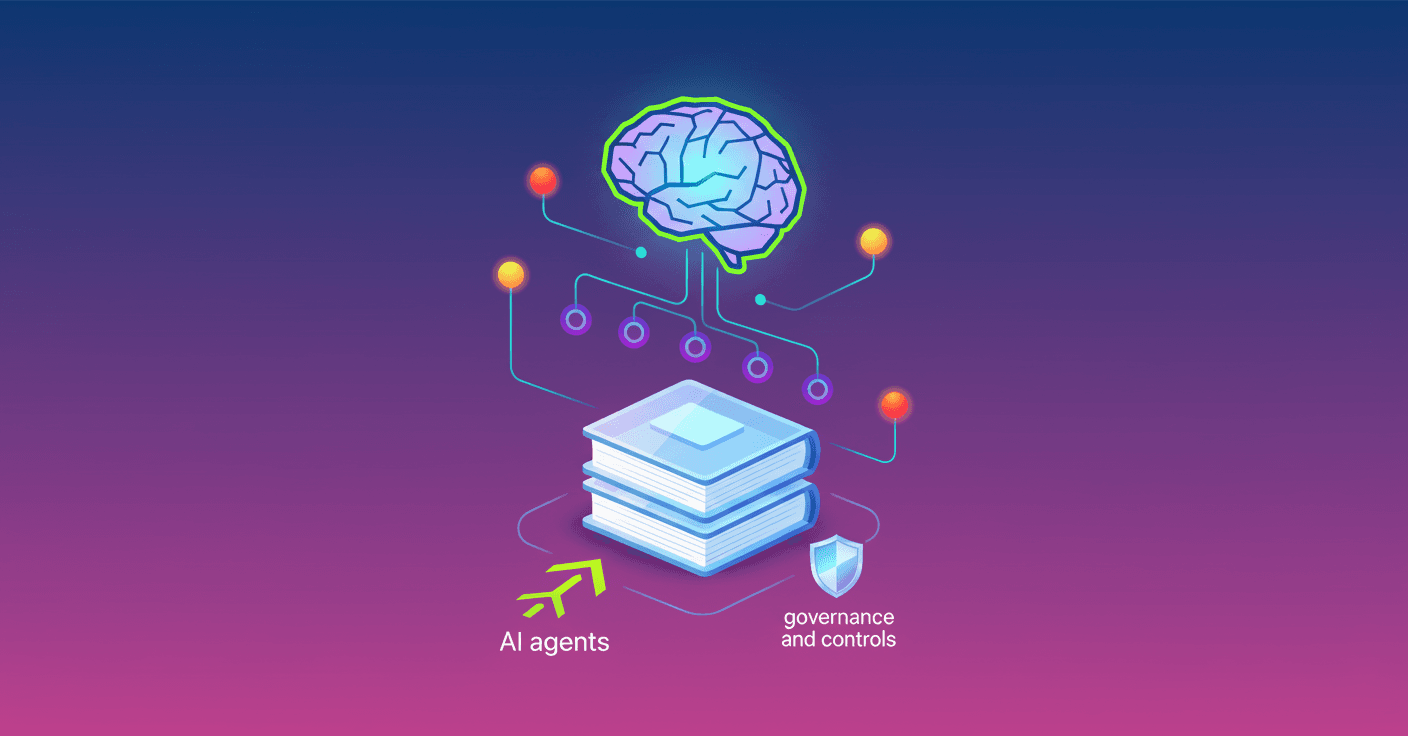Basis, a startup born in 2023, announces it uses OpenAI models — including o3, o3‑Pro, GPT‑4.1 and GPT‑5 — to turn model advances into reliable agents that automate accounting tasks. Can you imagine handing over reconciliations and journal entries with clear explanations of why those decisions were made? That's exactly what Basis promises. (openai.com)
What Basis announced and why it matters
OpenAI's official note describes Basis as a company that composes AI agents capable of handling structured accounting work — reconciliations, journal entries, financial summaries — while keeping accountants in control and visible to the logic behind each decision. Basis says its customers see up to 30% time savings and more capacity for advisory work. (openai.com)
Why is this not just another automation? Because Basis doesn't limit its agents to one‑off answers: it builds a system that improves with every model upgrade, leveraging better reasoning and tool‑calling to delegate more complex processes. (openai.com)
How it works: multi‑agent architecture and tailored models
At the core is a multi‑agent architecture. A supervising agent (migrated to GPT‑5 according to the report) orchestrates the flow: it assigns sub‑agents depending on complexity, latency or input type. For quick interactions they use GPT‑4.1; for complex cases, like unusual transaction patterns or month‑end closes, they turn to GPT‑5. (openai.com)
In addition, Basis runs internal benchmarks that measure not only accuracy but the ability to explain how a response was reached. That transparency is key in accounting, where every entry needs clear backing. The company also uses function calling and parallel tool calls to complete multi‑step processes, not just propose them. (openai.com)
“Each model improvement expands what our agents can do,” says one of the founders, underscoring the feedback loop between customers and model development. (openai.com)
Results and benchmarks that stand out
In Basis's tests, GPT‑5 scores highly on reasoning and parallel tool calls: in their tool‑calling benchmark it achieved a 100% success rate in scenarios with multiple active tools, according to the announcement. That ability to coordinate structured actions is exactly what lets an agent complete a reconciliation or generate a journal entry with chained steps. (openai.com)
They also say the jump in reasoning reduces the human supervision needed, which explains the reported time savings and the expanded responsibilities delegated to agents. (openai.com)
What this means for accountants and businesses
- Less repetitive manual work: reconciliations and entries can be proposed and, in many cases, executed by agents with accompanying explanations. (openai.com)
- More focus on advisory work: the freed time (up to 30%) can go toward strategic analysis or selling higher‑value services. (openai.com)
- Greater need for governance: even though the system provides explanations, firms must define boundaries, review processes and auditing steps for agent decisions.
Think of it as having an assistant that not only does the work but hands you a report on why it did it that way — you still need to verify, but the starting point is much stronger.
Risks and open questions
Not everything is immediate or automatic. Some questions you should ask:
- How do you audit widespread errors if an agent misclassifies similar transactions?
- What controls and records does Basis retain to meet audits and accounting regulations?
- How are sensitive data and permissions handled within flows where agents call external tools?
OpenAI and Basis highlight visibility and explanation as mitigations, but firms will need clear policies and internal control evidence before delegating critical processes. (openai.com)
Closing: should you look at this now?
If you work in accounting or finance, this announcement is worth your attention: not because AI does magic, but because the models (especially GPT‑5 according to Basis) have stepped up in reasoning and task coordination, and that changes what can be safely delegated. (openai.com)
If you want to see more, Basis has a public presence and you can check their page to understand integrations and demos before trying it in production. (The note we discussed was published on August 12, 2025). (openai.com)
